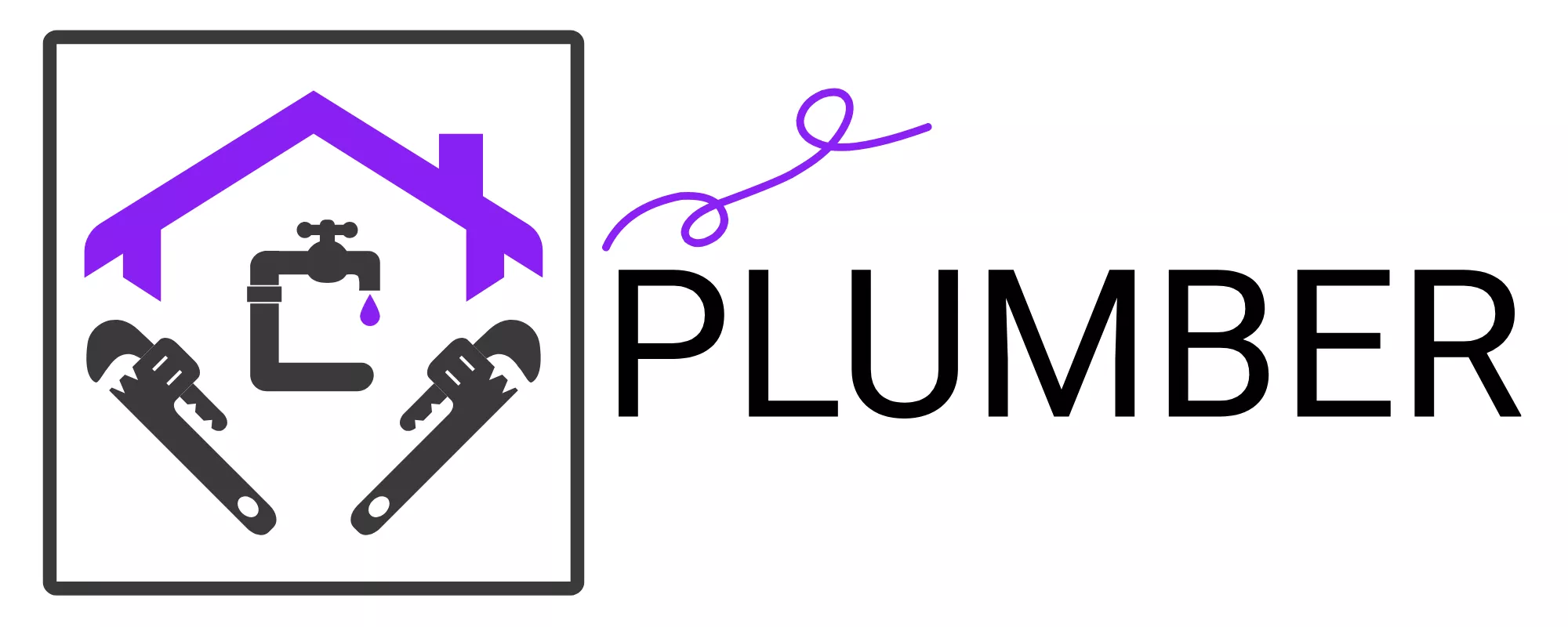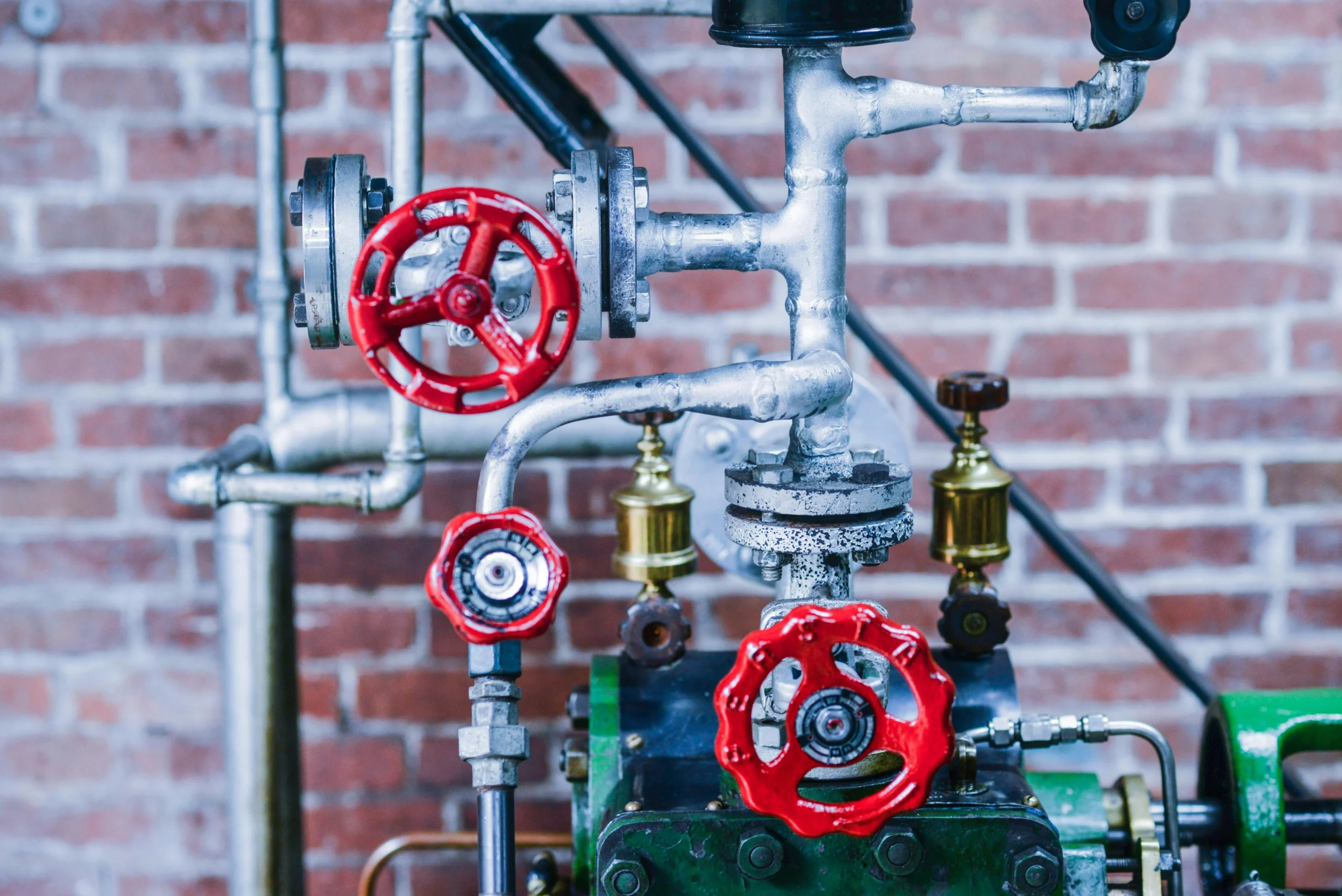Why Plumbing Emergencies Need Professional Help – Not DIY Fixes
Introduction
When a plumbing emergency strikes—whether it’s a burst pipe, overflowing toilet, or severe drain blockage—the clock starts ticking. Your first instinct might be to grab some tools and try a quick fix yourself. While DIY repairs may seem like a money-saving idea, they can often make the problem worse, leading to more expensive and time-consuming repairs down the line.
In this article, we’ll explain why plumbing emergencies need professional help, the risks of DIY fixes, and how a qualified plumber can save your home or business from serious damage.
1. The Nature of Plumbing Emergencies
Plumbing emergencies are not just inconvenient—they can cause severe damage within minutes. Some common situations include:
- Burst water pipes flooding your home
- Sewer backups creating hazardous health conditions
- Gas leaks posing serious safety risks
- Major drain clogs preventing water flow entirely
- Leaking water heaters damaging floors and walls
In emergencies, speed and accuracy matter. One wrong move can escalate a manageable problem into a costly disaster.
2. Risks of DIY Plumbing Fixes
Trying to handle a plumbing emergency without professional training can lead to:
a) Incomplete Repairs
DIY fixes often address only the visible problem, ignoring the underlying cause. This can result in the same issue recurring—sometimes within hours.
b) Water Damage
If you don’t have the right tools or techniques, you might accidentally cause leaks or burst pipes, leading to water damage that affects floors, walls, and even your home’s foundation.
c) Health Hazards
Sewage backups, mold growth, and contaminated water can pose serious health risks. Professionals know how to handle these hazards safely.
d) Voiding Warranties
Many plumbing appliances and fixtures have warranties that are voided if unlicensed work is done.
e) Increased Costs
What starts as a “simple” DIY job can quickly turn into a complex repair requiring more labor and parts—meaning you pay more in the end.
3. Advantages of Hiring a Professional Plumber
a) Expertise and Training
Professional plumbers are trained to diagnose and fix problems correctly the first time. They understand plumbing codes, water pressure systems, and the safest repair methods.
b) Proper Tools and Equipment
From hydro jetting machines to pipe inspection cameras, professionals have advanced tools that make repairs faster and more effective.
c) Emergency Availability
Most licensed plumbing companies offer 24/7 emergency services, meaning help is available whenever disaster strikes.
d) Long-Term Solutions
Instead of temporary fixes, professionals provide lasting repairs that prevent the same issue from happening again.
e) Compliance with Local Regulations
Plumbing work must follow specific building codes. Licensed plumbers ensure your repair meets legal requirements.
4. Case Study: DIY Gone Wrong
Consider a homeowner who tried to fix a slow-draining sink with a store-bought chemical cleaner. Instead of clearing the clog, the chemicals corroded the pipe joints, causing a leak inside the wall. By the time a plumber was called, the leak had caused significant water damage, mold growth, and costly repairs that could have been avoided.
5. When to Call an Emergency Plumber Immediately
Certain situations require immediate professional attention:
- Water flooding inside your home
- No water supply from taps
- Sewage backup in toilets or drains
- Burst or frozen pipes
- Gas smell or suspected gas leaks
Delaying a call in these situations can multiply the damage and risk.
6. The Cost of Delay
Every minute counts in a plumbing emergency. A burst pipe can release hundreds of gallons of water per hour, while a sewage backup can spread harmful bacteria in minutes. Waiting even a few hours before calling a professional can increase repair costs by thousands of dollars.
7. Preventing Future Plumbing Emergencies
While you can’t predict every plumbing disaster, you can reduce the chances of one happening by:
- Scheduling annual plumbing inspections
- Cleaning drains regularly to prevent clogs
- Insulating pipes during cold weather
- Replacing old or damaged plumbing fixtures
- Learning the location of your main water shut-off valve
8. Final Thoughts
Plumbing emergencies demand swift, skilled action—not guesswork. While DIY fixes might seem tempting, they often cause more harm than good. Professional plumbers bring expertise, tools, and speed to the job, ensuring your home or business is protected from costly damage and health hazards.
So, the next time you face a plumbing crisis, skip the toolbox and pick up the phone. Your pipes—and your peace of mind—will thank you.

